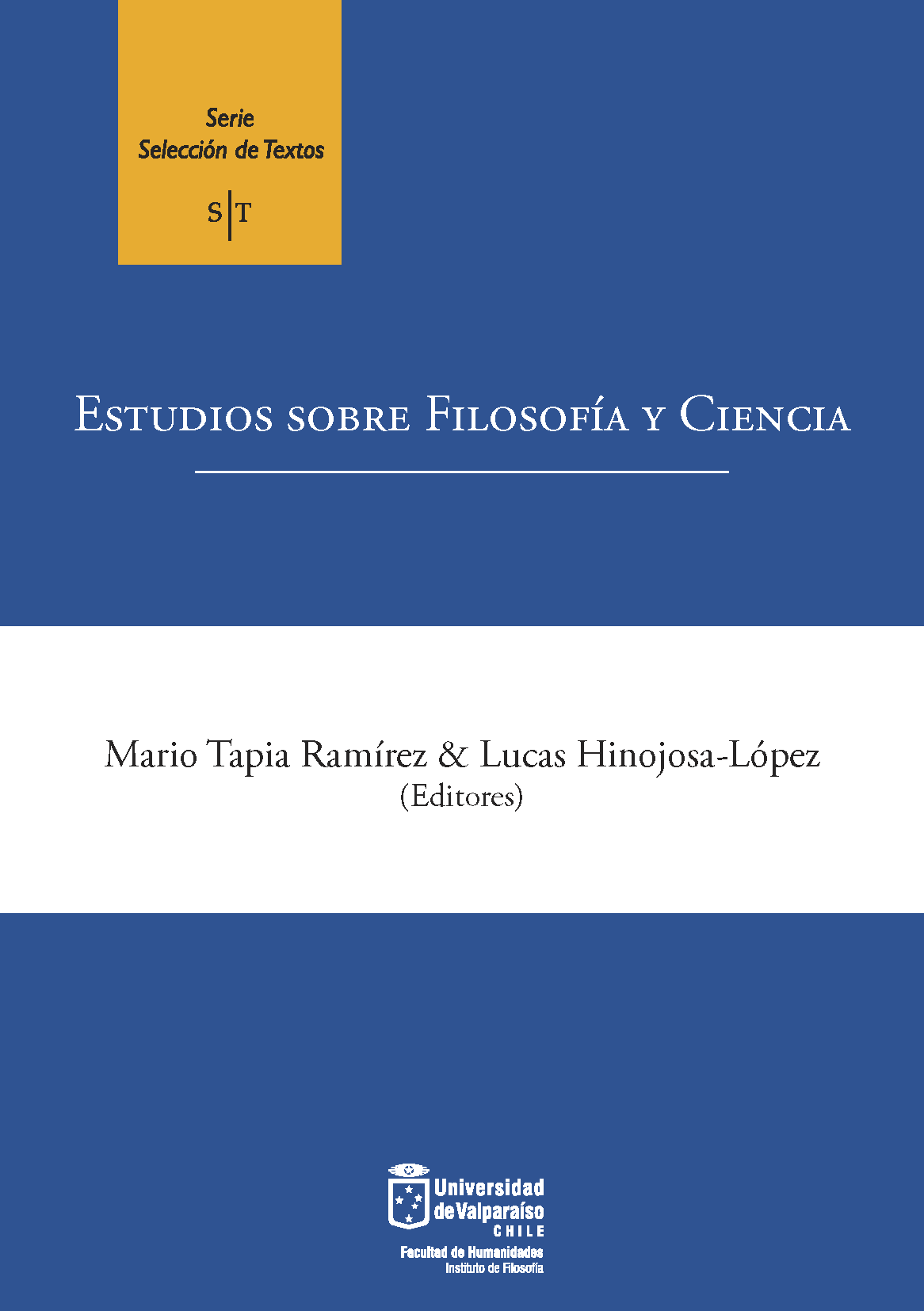Para una interpretación lógica de la interrogatividad de las preguntas
DOI:
https://doi.org/10.22370/sst.2025.10.4913Keywords:
interrogative logic, answerability, ignorance, pragmatics, inferenceAbstract
In the present work, our main objective is to provide a definition of interrogativity that utilizes the derivability relation between the presupposition and the desideratum of an interrogation. To achieve this, we will approach the notion of a question. Firstly, we will consider a certain set of issues that arise in questioning. Then, we will delve into Gottlob Frege’s commentary (1918) on questions expressing complete propositions, followed by Jaakko Hintikka’s interpretation (1999). In Hintikka’s interpretation, we find that a question can be logically interpreted as the conditional relation between a desideratum and a presupposition, where both express what is desired to be known and what is currently known in order to ask. In this way, we will show that we can define the conditions of ignorance of a question and its answerability based on the derivability of these two elements of a question.
Downloads
References
Enqvist, S. (2012). Interrogative belief revision based on epistemic strategies. Studia Logica, 100 (3) , pp. 453-479.
Frege, G. (1918). El Pensamiento. Una Investigación lógica. En A. G.-L. Luis Placencia Ruth Espinoza (Ed.), Escritos Lógico-Filosóficos (2017). Argentina, Colihue.
Hintikka, J. (1999). Inquiry as Inquiry: A Logic of Scientific Discovery. Países Bajos, Kluwer Academic Publisher.
Levi, I. (2006). Replies. En E. Olsson (Ed.), Knowledge and Inquiry. Essays on the pragmatims of Isaac Levi (pp. 157-166). Estados Unidos, Cambridge University Press.
Olsson, E. (2006). Potential Answers – To What Question? En E. Olsson (Ed.), Knowledge and Inquiry. Essays on the pragmatims of Isaac Levi (pp. 157-166). Estados Unidos, Cambridge University Press.
Olsson, E. & Westlund, D. (2006). On the role of the research agenda in epistemic change. Erkenntnis, 65 (2) , pp. 165-183.
Downloads
Published
How to Cite
Issue
Section
License

This work is licensed under a Creative Commons Attribution-NonCommercial-NoDerivatives 4.0 International License.

